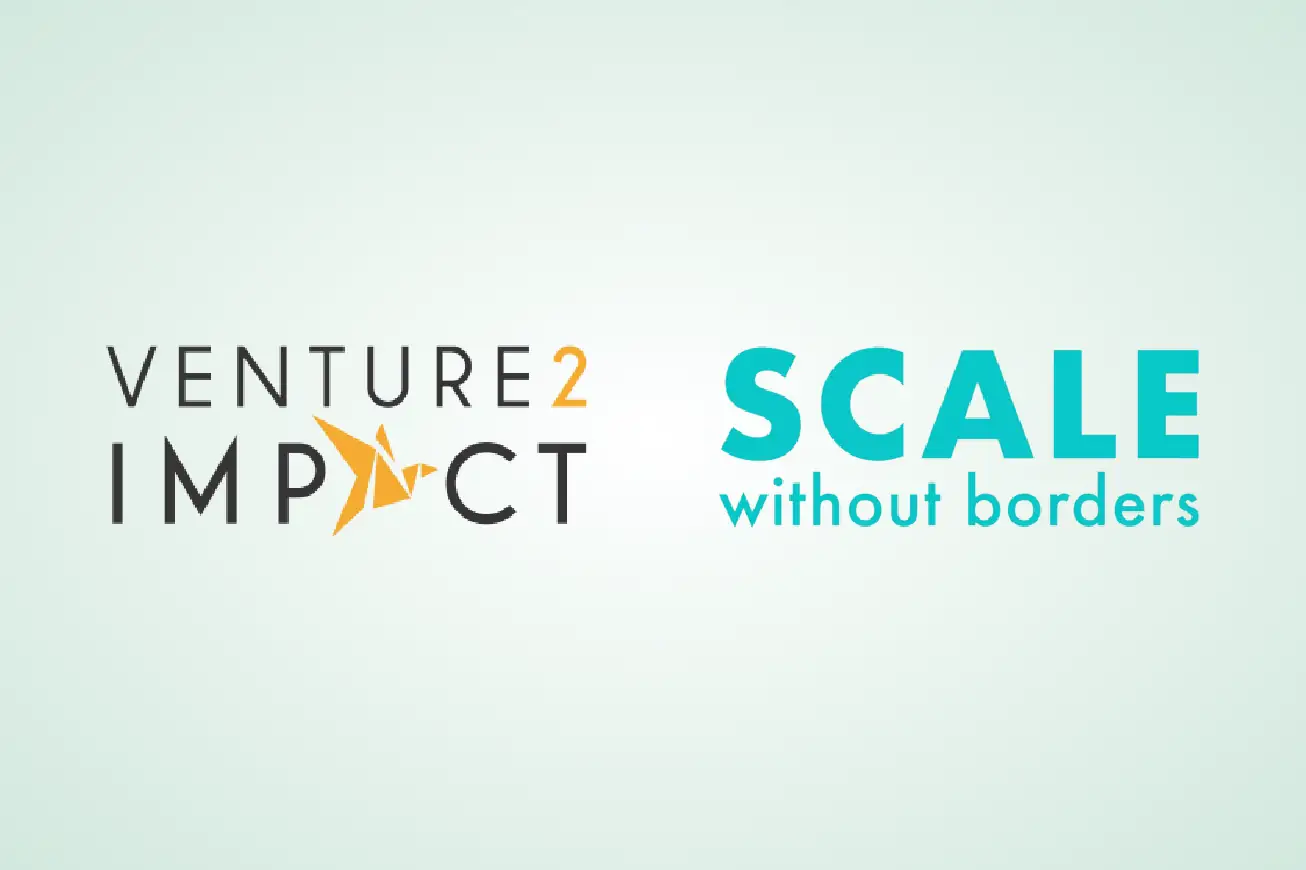How Human-Centred Design Can Create More Inclusive Tech Workplaces for Newcomers
Guest Blog by Lila Berryman, senior innovation specialist, Venture 2 Impact, and Nouhaila Chelkhaoui, founder and CEO, Scale Without Borders
At Venture 2 Impact, with support from the WES Mariam Assefa Fund, we set out to develop a project that would support Canadian tech employers’ efforts to meaningfully recruit, engage, and retain the diverse talents of newcomers. We used human-centred design and design thinking to address complex challenges. Our partner for this project, Scale Without Borders (SWB), is a newcomer support organization with experience delivering high-impact tech training programs to recent immigrants.
The Challenge
Canada’s population is becoming increasingly diverse, with immigration now the catalyst for the country’s labour force growth. Yet approximately 40 percent of newcomers are underemployed, causing a $12 billion loss in wages and costing $50 billion in GDP each year.
Many newcomers to Canada are welcome here because of their professional skills and experience. Unfortunately, they still face challenges finding relevant, commensurate employment.
Landing gainful employment in tech already comes with its challenges. But as a newcomer, these are amplified with additional barriers, such as a lack of professional network, challenges around effectively communicating and selling their skills, cultural barriers, and ineffective job search strategies.
Together, our immigrant-led teams developed FutureLink, which uses a skills-based hiring framework. The program comprises two components: a fully subsidized tech and leadership skills training program tailored to immigrants, and a Canadian tech employer education and support component. FutureLink was successfully piloted with skilled newcomers who have completed our tech and leadership program and the training provided through SWB.
The Skills-Based Hiring Revolution
Many newcomers struggle to communicate their professional value and experience to Canadian employers, who typically look for Canadian education and job roles as proxies for an applicant’s ability to succeed in a role. Employers also cited unfamiliar job titles and credentials as a challenge, often resulting in internationally educated professionals’ being excluded from the hiring process. Another concern was the potential cost- and time-to-hire with internationally educated professionals.
Skills-based hiring is a means of addressing the concerns of employers and prospective employees. This approach involves evaluating applicants by their ability to apply skills and solve specific problems related to the role, instead of solely relying on credentials and experience with previous employers. The skills-based hiring approach uses a human-centric design that emphasizes collaboration between different stakeholders such as internationally trained newcomers, the Venture 2 Impact and SWB teams, and tech employers. The design considered the current context, defined challenges, and ideated potential solutions. This approach was further showcased at our presentation at the 6th Metropolis Identities Summit in Calgary.
In today’s economy, skills-based hiring is more important than ever. As research from TestGorilla’s State of Skills-Based Hiring 2022 shows, implementing a skills-based hiring approach decreased the cost- and time-to-hire for 90 percent of employers, as well as reducing the number of mis-hires. According to McKinsey, “hiring for skills is five times more predictive of job performance than hiring for education and more than two times more predictive than hiring for work experience.”
Skills-based hiring is a more accurate and equitable way to hire new talent and provides both short- and long-term benefits to both the employer and the applicants.
A Newcomer’s Journey: Mahalakshmi Surya
Mahalakshmi Surya is a software developer who began her professional career in India and then in Dubai, where she worked in IT. She shares her personal story and difficulties when she relocated to Canada in 2021 with her husband and their two-year-old child.
“Being an immigrant and a stay-at-home mom posed unique challenges during my job search journey. Initially, I faced setbacks as recruiters cited a lack of Canadian experience and a career break following maternity leave.”
Mahalakshmi set out to establish a professional network by refreshing her résumé, engaging with professionals on LinkedIn, and attending webinars. It was in this process of growth that Mahalakshmi discovered SWB, which presented her with an opportunity to learn data analytics using Python.
Additionally, SWB held insightful sessions on effective job search strategies. The program helped her understand the Canadian job market, create a compelling résumé and LinkedIn profile, participate in mock interviews, and more.
“I extend my heartfelt gratitude to the entire SWB team for offering me this enriching opportunity,” said Mahalakshmi. “Their support did not conclude with the program. They continued to assist me even after its completion, providing guidance during my interviews.”
What’s Next?
SWB worked with Ontario Tech Talent to create a leadership training program specifically for newcomers in tech, with a focus on pivoting their experience to a Canadian context and curating connections and skills to help them succeed. These cultural and leadership components were directly informed by what we heard from newcomers during the discovery process. The first training cohort began in March and had over 300 applicants for only 20 positions, demonstrating the great demand for this program.
We are excited to grow this program and our positive impact on the Canadian technology sector, as well as on all newcomers to Canada.
If you are interested in collaborating with Venture 2 Impact on any aspect of this project, either as an individual or employer, please contact Lila Berryman at [email protected]. For more information about SWB, contact Nouhaila Chelkhaoui at [email protected].
Stay in Touch
Thank you for your interest in the WES Mariam Assefa Fund. We’ll share updates on the Fund’s efforts, what we’re learning, and opportunities through our email list.
